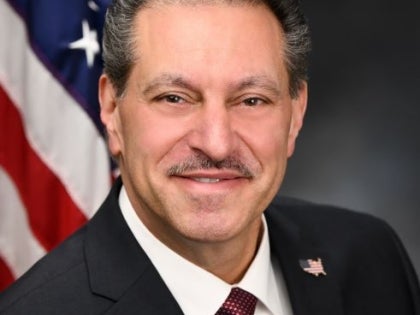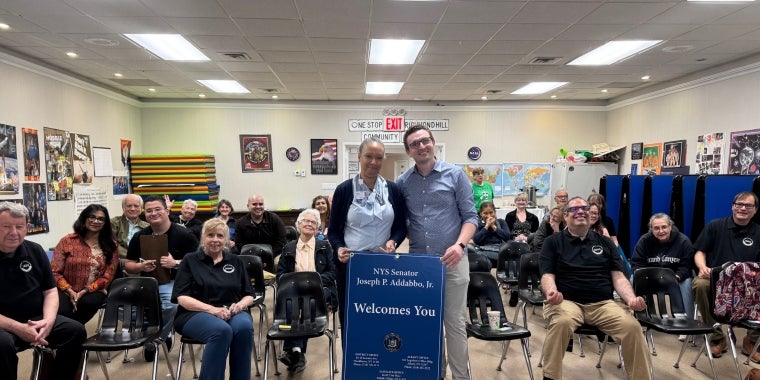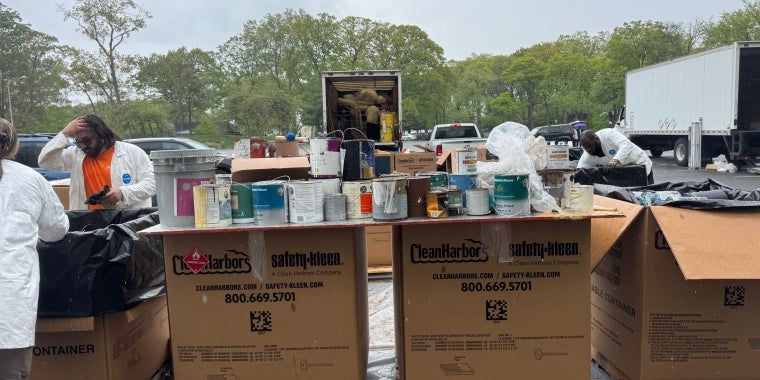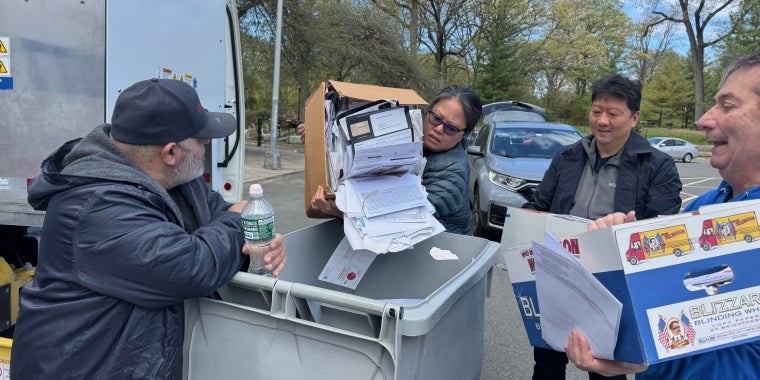
Legislation to Make it an "E" Felony to Impersonate a Utility Worker Passes Senate with Addabbo's Support
June 20, 2016
Howard Beach, NY (June 20, 2016) Senator Joseph P. Addabbo, Jr. recently joined with his Senate colleagues to pass legislation (S.7338) that would make it a Class E felony to impersonate a utility worker for the purpose of illegally gaining entrance to another person’s home, a crime that could carry a prison term of up to four years.
“We’ve heard many horror stories of criminals posing as utility workers so that they can enter the homes of unsuspecting residents and commit robbery, or worse,” said Addabbo. “While anyone can be vulnerable to this cynical scheme, it is a scam that is often used to target senior citizens.”
While Addabbo stated his district offices frequently get constituent calls regarding instances of utility worker impostors, he noted that in 2014, an elderly man in Woodside, Queens was robbed of $70,000 when a pair of criminals posing as Con Edison workers talked themselves into his home. This past March, an 81-year-old Coney Island woman was bound and gagged by a burglar pretending to be a utility worker, and a 26-year-old Bronx mother was tied up and sexually assaulted – with her young daughter in the home – by two men claiming to be from Con Edison.
“While these more heartrending cases make the news, I would suspect that many more people are being duped and robbed by scammers knocking on doors and pretending to be looking for gas leaks, checking electrical outlets or otherwise pretending to be legitimate utility workers,” said Addabbo. “Even in the aftermath of Hurricane Sandy, there were multiple reports of criminals looting properties while posing as Con Edison employees.”
He noted that some scammers, by lying to residents about unpaid utility bills, have gained entry by claiming that power to the home would be cut off. Addabbo said he hopes the prospect of being sentenced from one to four years in prison would help to deter this type of horrendous illegal behavior.
“Not only do these criminals victimize unsuspecting homeowners, but they give a bad name to utility employees who are working in our neighborhoods and simply trying to do their jobs when there are power outages and other serious problems with the utility infrastructure,” he said.
Addabbo urged his constituents to always take precautions – such as asking to see photo identification, looking for official utility vehicles parked nearby or calling the specific company to see if workers have been dispatched to the area – before ever allowing a purported utility employee into their homes.
In the Assembly, the bill was under consideration by the Codes Committee.
Share this Article or Press Release
Newsroom
Go to Newsroom


